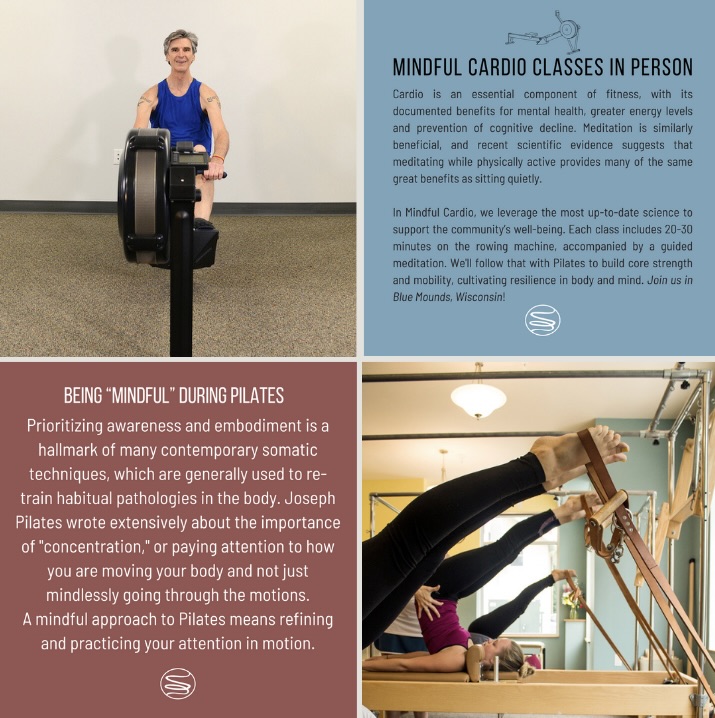Food: Focus on the Fermented
The Microbiotaphilic Reset Diet (MRD) contains lots of fermented food such as kimchee, sauerkraut, vinegar, and kombucha. While these fermented foods and other forms of probiotics are teeming with bacteria that's beneficial to the gut, the benefits are not about "seeding" the microbiota with beneficial bacteria. These "passers by" improve your gut health by strengthening the gut/blood barrier (preventing leaky gut) and boosting your immune system.
 |
| Biddy found little that wasn't fibrous or fermented |
The beneficial microbes in probiotics and fermented foods are unlikely to set up residence in your gut. In general, the microbes in these healthful foods are not adapted to survive in the human gut, largely because the gut does not contain the foods that they need to survive and thrive. These vagabond bacteria do, however, confer significant health benefits by strengthening the integrity of your intestinal wall. There are two ways that this strengthening occurs - by "tightening" the integrity of the junctions between cells in the gut wall, and by increasing the thickness of the mucousal layer that helps keep poop particles where they belong - out of your blood supply!
An image that helped me visualize the gut wall came from Justin and Erica Sonnenburg's excellent book, The Good Gut. In The Good Gut, the Sonnenburgs used the image of a tiled wall to describe the gut's lining. In a tile wall, the integrity of the tiles is supported by intact grout lines. The tiles and grout of your intestinal cells keep everything where it needs to be. And the passing-through bacteria of fermented foods stimulate the intestinal lining cells to build stronger grout (gap junctions). In addition to strengthening connections between adjacent cells in your gut's lining, fermented foods stimulate the secretion of mucous.
As I mentioned in the previous blog, mucous in the gut is far from problematic - a thick layer of mucous in the large intestine is like a good coat of paint that protects the surface that it covers. Mucous helps reinforce the tiles and grout of the intestinal walls, and a good, thick layer of mucous helps prevent the immune system storm of leaky gut syndrome. Between strengthening gap junctions and increasing the secretion of mucous, fermented foods are of great benefit to your immune system.
The gut is where the outside world (food) interacts with the innermost workings of your body. The state of your gut's immune system is pretty much proxy for the overall state of your immune system. In addition to the barrier effects of keeping stuff on the appropriate sides of the gut wall, fermented foods also stimulate the production of immune molecules that help neutralize malefic bacteria, fungi and viruses. Neutralizing these beastly invaders in the gut can help prevent GI illness, though studies also show that ingesting fermented foods make people more resistant to respiratory illness, as well.
While the science is in its infancy, I think the evidence supports eating fermented foods and other probiotics. In the 3+ weeks that Collette and I have been following our MRD, the positive benefits continue to accrue.
In the next blog posting, I'll discuss the prebiotics that help support the efficacy of probiotics. And as part of that discussion, I'll take a short detour into a substance the health conscious should all keep in mind - Short Chain Fatty Acids (SCFA). Thanks for reading!



Comments